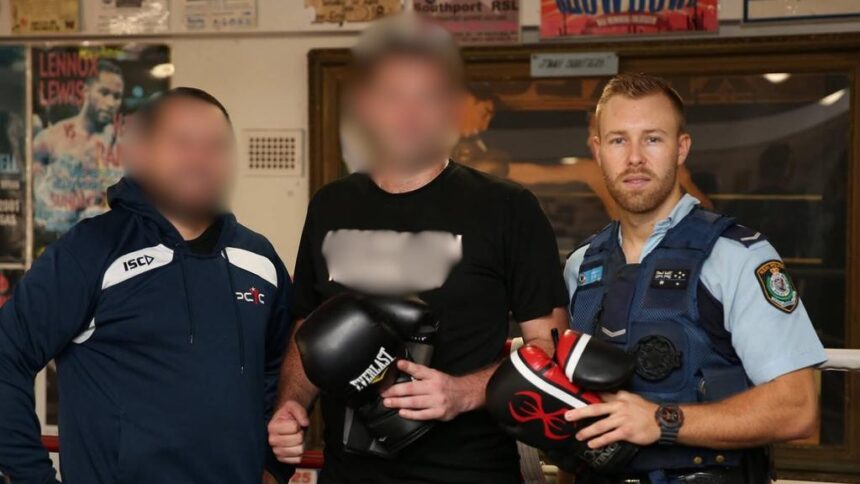Off-Duty Sydney Officer Avoids Conviction After Assaulting Cab Driver Over Fare Dispute
Officer charged after late-night altercation outside Coogee Bay Hotel
An off-duty Sydney police officer found himself in court after punching a cab driver during a late-night dispute over fare payment. The incident, which occurred outside the Coogee Bay Hotel in April 2024, stemmed from an argument about whether the fare would be paid by card or in cash. Senior Constable Deane Thomas Bell, 33, admitted guilt to the assault but was ultimately spared conviction after the court found he was suffering from serious mental health issues at the time.
Dispute over fare escalates to violence
According to facts presented at Downing Centre Local Court, Bell had been drinking heavily when he and his partner entered a taxi around 12:10am. The driver refused to turn on the meter, instead demanding payment upfront due to fears Bell might leave without paying. Bell allegedly responded by identifying himself as a police officer, then exited the vehicle—only to reach back in and punch the driver in the head.
Officer fled but was quickly arrested nearby
Moments later, Bell fled the scene but was apprehended by police two blocks away. The arrest occurred at the corner of Brook and Dolphin Streets, according to court documents. The incident shocked the public due to Bell’s role as a law enforcement officer and the aggressive nature of the attack on a working service provider.
Mental health conditions cited in legal defence
Magistrate Jennifer Giles ultimately dismissed the charge of common assault on the grounds of Bell’s deteriorating mental health. It was revealed Bell had been suffering from post-traumatic stress disorder (PTSD) and hyper-vigilance, conditions that were aggravated by alcohol use and trauma experienced on the job. These included dealing with gun threats, recovering deceased bodies, and being first on scene at violent accidents.
Barrister argues stress and alcohol played key role
Bell’s defence barrister, Michael Gallagher, argued that the taxi driver’s insistence on a cash payment caused the dispute. “Like so many young people, they don’t carry cash,” Gallagher explained. He added that the assault was a “spur of the moment” decision by a man who had never previously faced criminal charges. He asked the court to consider Bell’s mental condition under Section 14 of the Mental Health Act.
Prosecutor highlights victim’s vulnerability
Prosecutor Brendan Donnelly acknowledged the strong case for mental health intervention but stressed the seriousness of the attack. “We cannot lose sight of the fact this was a service provider sitting in the front seat of a car, he was no threat to anybody,” he told the court. Donnelly emphasized that regardless of the fare dispute, the taxi driver had a right to safety.
Court acknowledges remorse and rehabilitation
The magistrate accepted that Bell was remorseful and had taken substantial steps toward recovery. “It seems unlikely that he’ll do anything like this again,” Giles noted, describing the officer’s commitment to mental health treatment as “absolutely slavish.” Still, she called the act a “wicked” attack on a vulnerable individual, acknowledging the gravity of the situation.
A wake-up call for mental health in policing
She added that it was tragic such an incident had to occur for Bell to seek psychological help. “It seems very clear that Mr Bell has been floridly unwell for quite some time,” the magistrate said. Bell, who was suspended with pay following the incident in May 2024, has not been criminally convicted and continues to receive medical care.
Case underscores mental health crisis among officers
The incident highlights the intense psychological pressures faced by law enforcement officers and the impact of untreated trauma. Despite Bell’s wrongful actions, the case has drawn attention to the urgent need for better mental health support within the police force and the complications that arise when personal struggles erupt in public settings.






